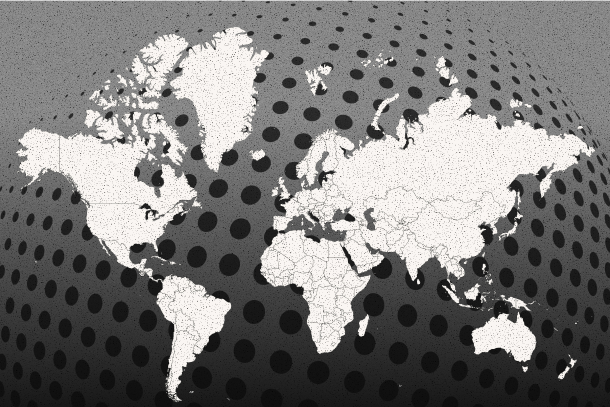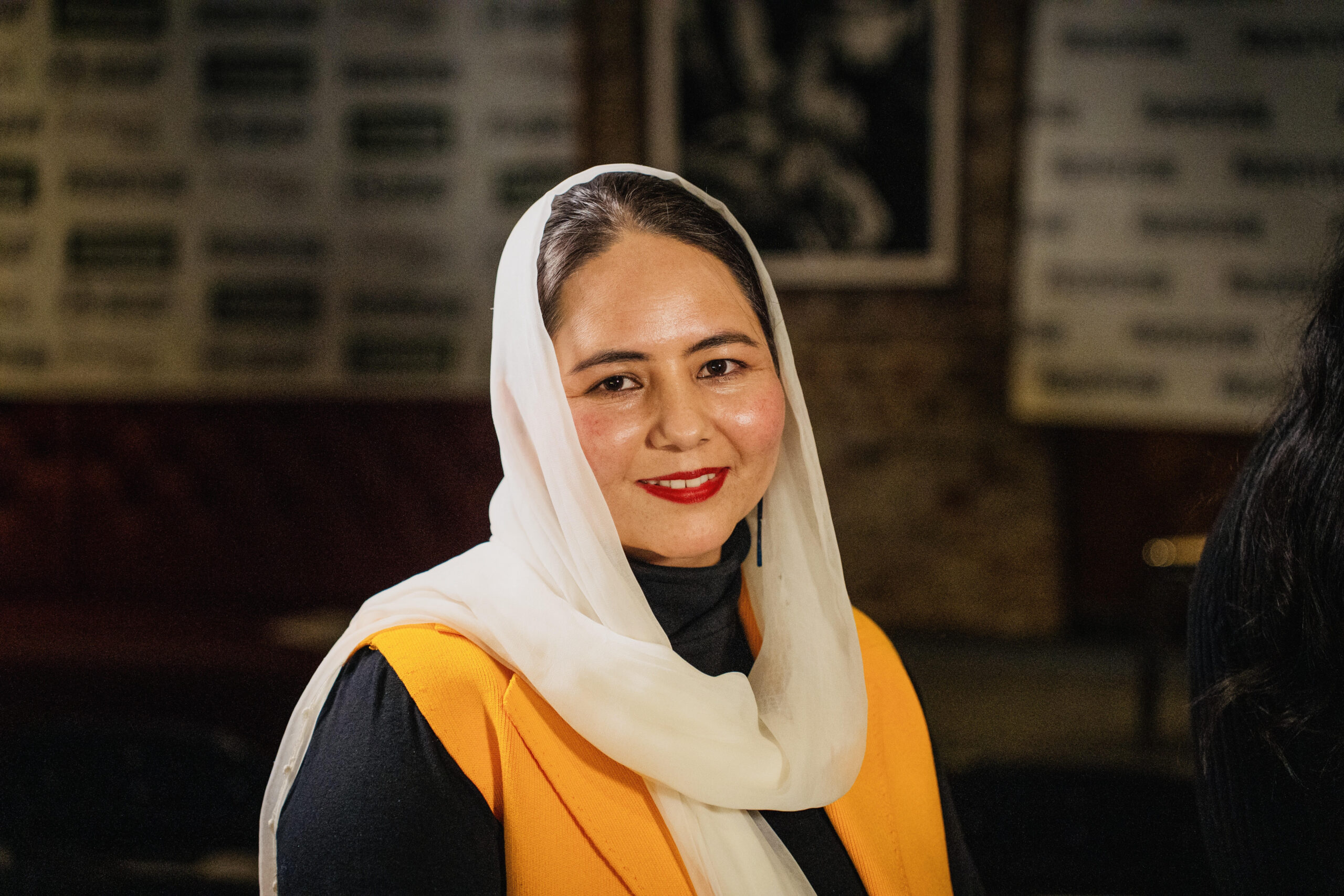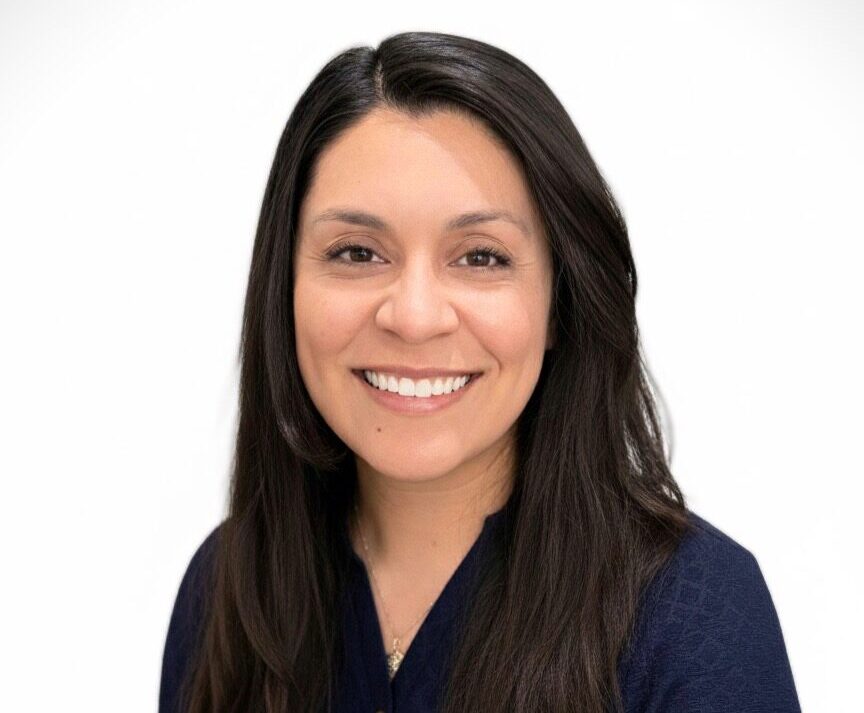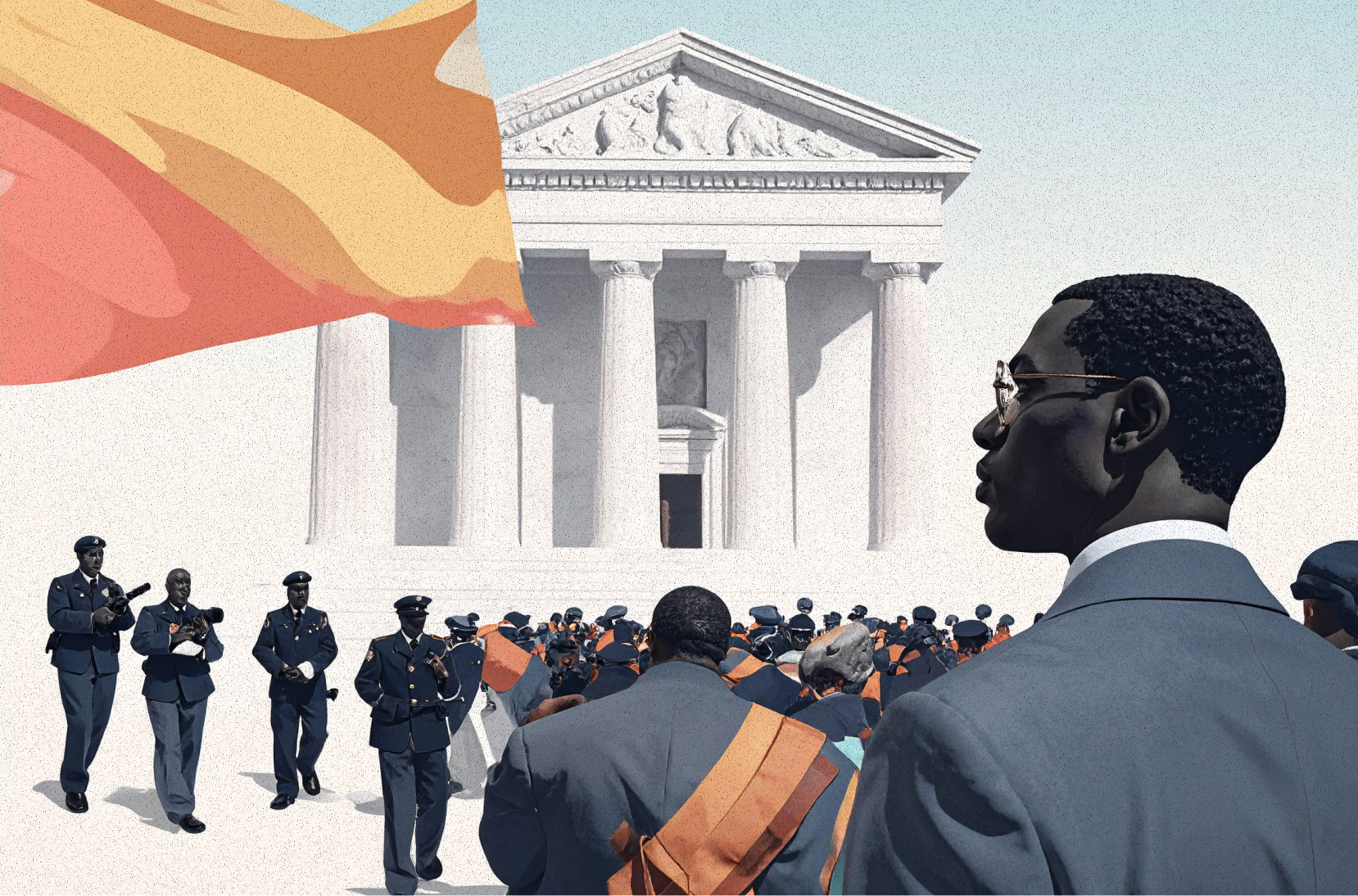Editor’s Note
This essay is part of CNTI’s “Letters from the Field” series, in which journalists from around the world share their experiences reporting in restrictive spaces and share advice for journalists in the U.S.
A decade ago, when I decided to become a journalist, the profession seemed deeply inspiring and full of purpose. Perhaps it was because, at the time, Afghanistan was experiencing a golden age of freedom of speech and access to information. I didn’t sense any real difference between journalism in Afghanistan and in more developed parts of the world.
But ten years later, I came to realize that my background is entirely different from that of many Western fellow journalists. I come from a country where, if you don’t write, if you don’t narrate, if you don’t expose the truth, it’s as though you’ve accepted what the Taliban have done to millions of people, especially women and girls. In other countries, journalism is largely focused on speaking the truth and holding authorities accountable. But in Afghanistan, news, particularly when it’s about politics, war, or survival, is not only heard, it is lived. In such a country, if journalism is the act of truth-telling, then that act itself is revolutionary.
That act is also dangerous.
When the Taliban returned to power in August 2021, dozens of media outlets shut down and hundreds of journalists fled. In a matter of weeks, freedom of expression turned into a nightmare. The Afghan people were entirely stripped of their right to free speech. The Taliban’s new policies particularly targeted women, and the media sector was no exception. The few women journalists who continue to work inside the country are forced to wear face masks and are barred from attending press conferences. Many of my former colleagues were forced to leave their jobs, some were imprisoned, others went into hiding. Newsrooms that were once hubs of free dialogue and social change are now either silenced or operating under the strict surveillance of the Taliban’s intelligence forces.
Afghanistan now ranks 178 out of 180 countries in terms of press freedom, according to Reporters Without Borders’ latest global ranking. The Taliban have recently introduced new restrictions on social media users, declaring that “immoral and un-Islamic” use of these platforms is a punishable crime. Over the past four years, the Taliban have also banned the sale of more than 400 book titles inside the country. In essence, they have shackled education, information and awareness, trapping my homeland in a darkness of ignorance and extremism.
Letters From the Field
From Afghanistan and Nigeria to Ukraine, journalists speak of exile, legacy, and resilience. Read their stories, insights, and calls to action.

Despite all these threats, my colleagues and I at Rukhshana Media, along with other independent media organizations, continue to tell the stories the Taliban don’t want to be heard: the stories of mothers whose daughters are banned from going to school; of minorities who have been driven from their homes and lands; of women who, despite threats and violence, still raise their voices. The more I witness the escalating assaults on freedom of speech, the more I believe that what we do goes beyond traditional journalism; it is a form of resistance and a fight against erasure and censorship.
Women like me, if we want to continue our work in journalism, must choose between danger and silence. But when our identities and gender are under constant and brutal attack, I can honestly say: neither choice is safe.
This is precisely why journalism matters, in both Afghanistan and the United States. Journalists are not just reporters of events; we are guardians of historical truth. In a world where censorship, propaganda and lies are so often promoted, our voices may be the only remaining record of a generation’s resistance.
I often think of the quote famously attributed to George Orwell, the British writer and journalist, who said, “Journalism is printing what someone else does not want printed; everything else is public relations.” A significant part of Rukhshana Media’s work in exile is documenting the widespread human rights violations under Taliban rule. Afghanistan, once home to some of the freest media in the region, now teeters on the edge of becoming another North Korea, unless journalists like my colleagues continue to resist.
Still, this work is often accompanied by doubt: Is knowing about the suffering of others useful if nothing can be done about it? If the world isn’t going to intervene, does it really need to know about our pain?
Journalists might ask similar questions in the U.S.: Are people going to pay attention to what I report? Is anyone going to do anything about it? Is it worth the risk?
I say yes. A world unaware of the suffering of its people is one that drifts toward apathy and inaction.
Elif Shafak, the renowned Turkish novelist, writes in her book “How to Stay Sane in an Age of Division”:
“When a person’s voice is not heard, it is as if they are denied life itself. When we silence stories, we are silencing culture, halting its movement and dynamism. It’s as if we are taking away its most powerful weapon. A disillusioned society, one whose stories cannot be heard or published, a society where many voices go unheard, tends to gravitate in only two directions: it falls into a destructive cycle, one part violence, the other part indifference. Indifference may seem like a calm emotion, but in reality, it is the most destructive human feeling.”
According to Shafak, the most dangerous emotion is the absence of emotion. When we fail to give voice to many, we expose society to this very danger. And so, the society continues to repeat itself in a cycle of violence and despair. The only way out of this vicious cycle is through the recognition of plurality.
I believe we must, through media, create space for diverse voices to be heard, so that society can redefine itself, stay alive and rebuild hope. In Afghanistan, in the United States and throughout the world.
Zahra Joya is a journalist from Afghanistan and the editor-in-chief of Rukhshana Media, a platform dedicated to covering issues affecting Afghan women. She was named one of the 12 Women of 2022 by Time magazine and featured on the BBC’s list of 100 Women, 2022. Zahra has received numerous awards from various organizations in recognition of her work.
Share




